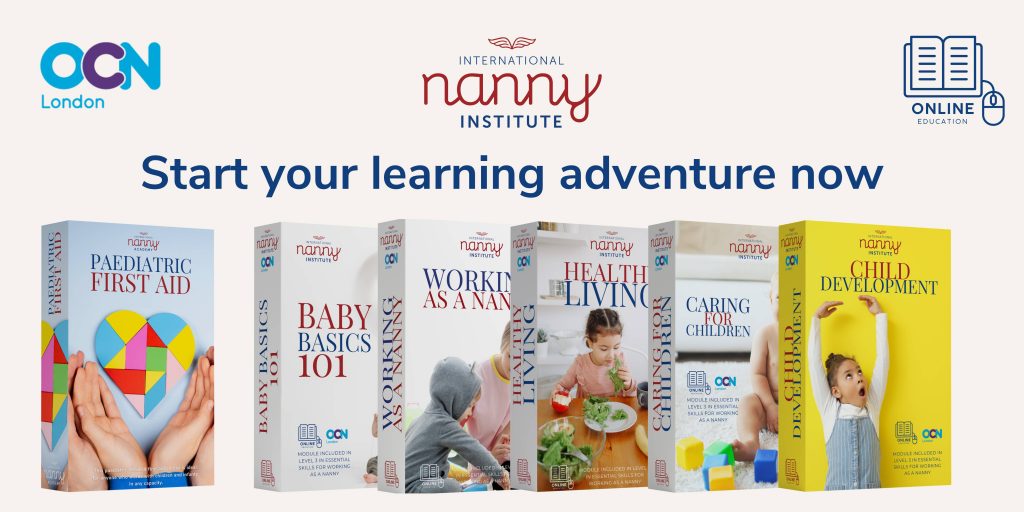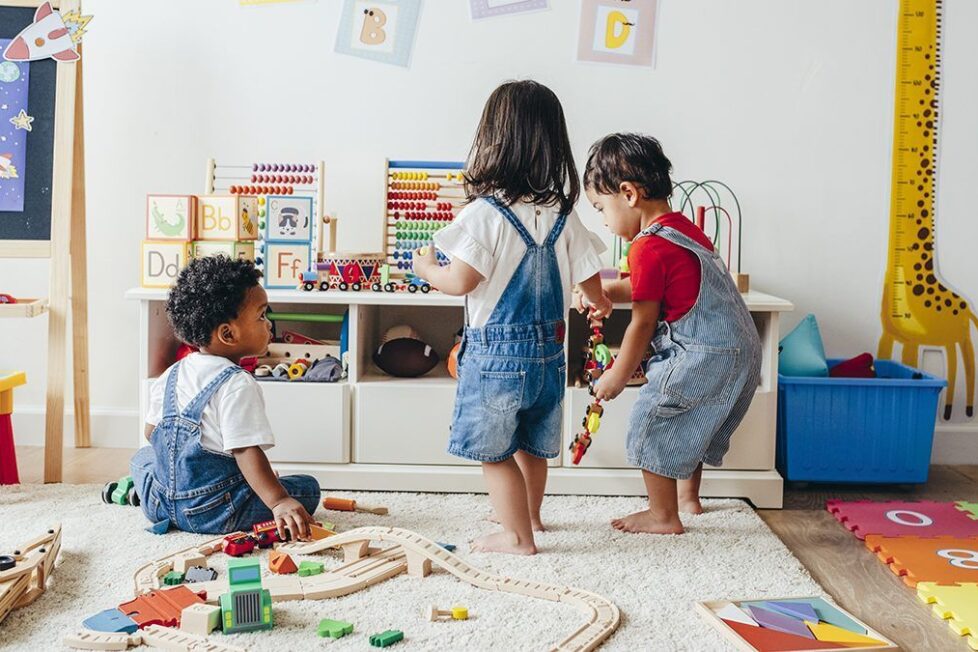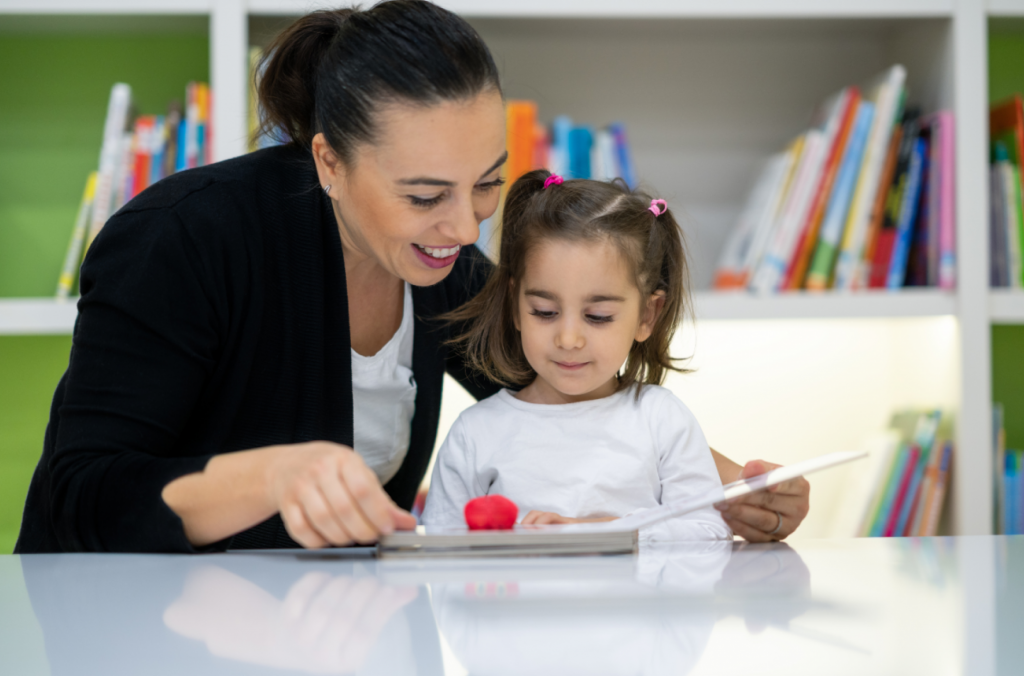“Montessori” is a word that often gets connected to childcare and it can be used in a range of ways to express underlying ideas about childcare and education.
Nannies might hear it in the context of the kind of school that their charge, or potential charge, goes to, in the way that parents express their own ideas about child-rearing or the way that they explain the kind of approach they are looking for from a nanny. The term is also often used as a selling point, or descriptor for toys or educational resources.
It is important to note that “Montessori” is not a protected term so it can be used by any company, school or person in a way that suits them; they do not have to prove that they subscribe to any particular set of principles or ideas in order to use the title “Montessori”.
Here we look at what the term means and some of the frequently asked questions about this approach.
What is Montessori?
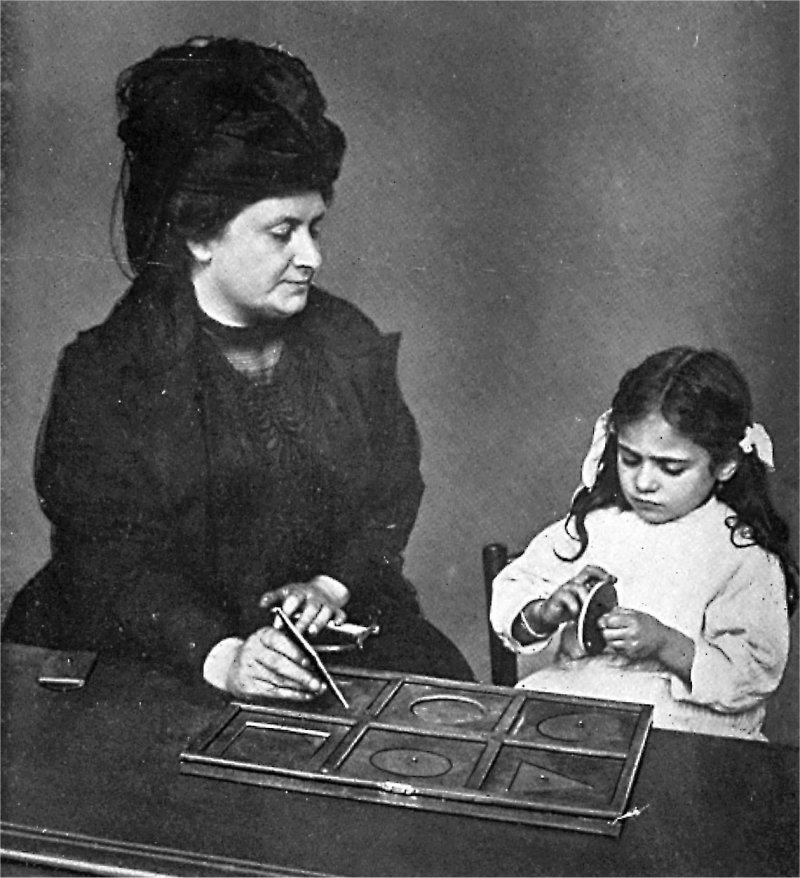
‘Montessori’ is an approach to Early Years Education based upon the work of Maria Montessori.
Maria was an Italian medical doctor who set up schools for disadvantaged children and observed how young children learn best. From this, she devised an approach to Early Years Education that is now used all over the world.
Most of Maria Montessori’s work was with children of a preschool age (3 years and up) but her followers have advocated applying these principles to under 3s too, and Montessori childcare and education is becoming quite a popular choice.
How is Montessori education different?
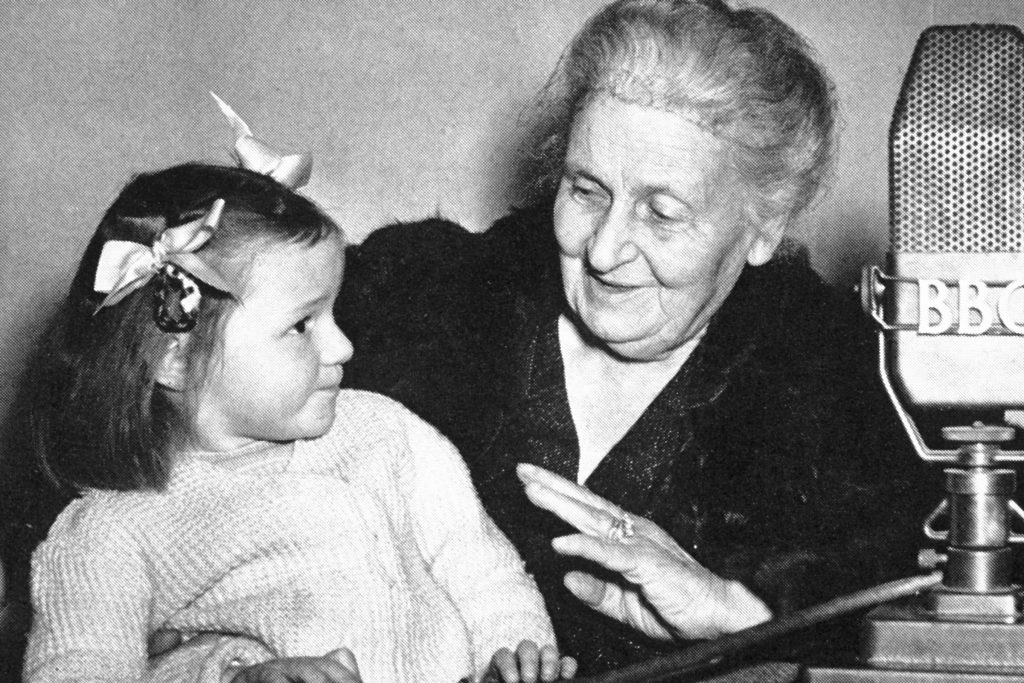
The Montessori approach is quite distinct from ‘traditional’ or ‘mainstream’ education in most countries. It is a holistic approach to education, so it seeks to develop each child as a whole.
Freedom is a highly valued principle and children are encouraged to develop independence from a very young age. As such, the role of the teacher is very different and teachers in Montessori programmes are often described as ‘guides’ demonstrating that they have a significantly different role.
Often in ‘traditional’ or ‘mainstream’ settings teachers are seen as a more knowledgeable other who builds children’s knowledge through teaching a series of information.
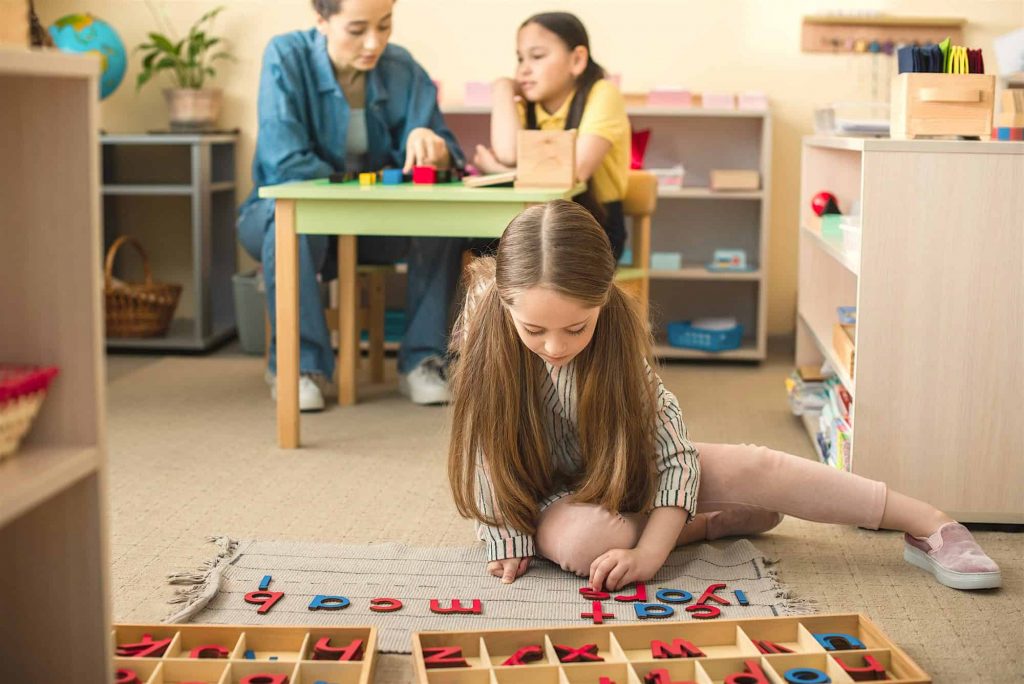
Children’s knowledge is then tested and work judged against an external set of guidelines.
In contrast, in the Montessori classroom learning occurs through all five senses, and is largely self-directed, auto-education is one of Montessori’s key ideas; that is, that children can educate themselves when given the tools, environment and support needed.
On the whole teachers do not grade or correct work but value it in and of itself and use their knowledge of each child and development to gently steer them to the next learning opportunity.
In Montessori, discipline is approached very differently; Rewards and punishments are not used, instead the focus is on helping children to develop social and emotional skills, and the ability to regulate their behaviour themselves.
What are the benefits of Montessori?
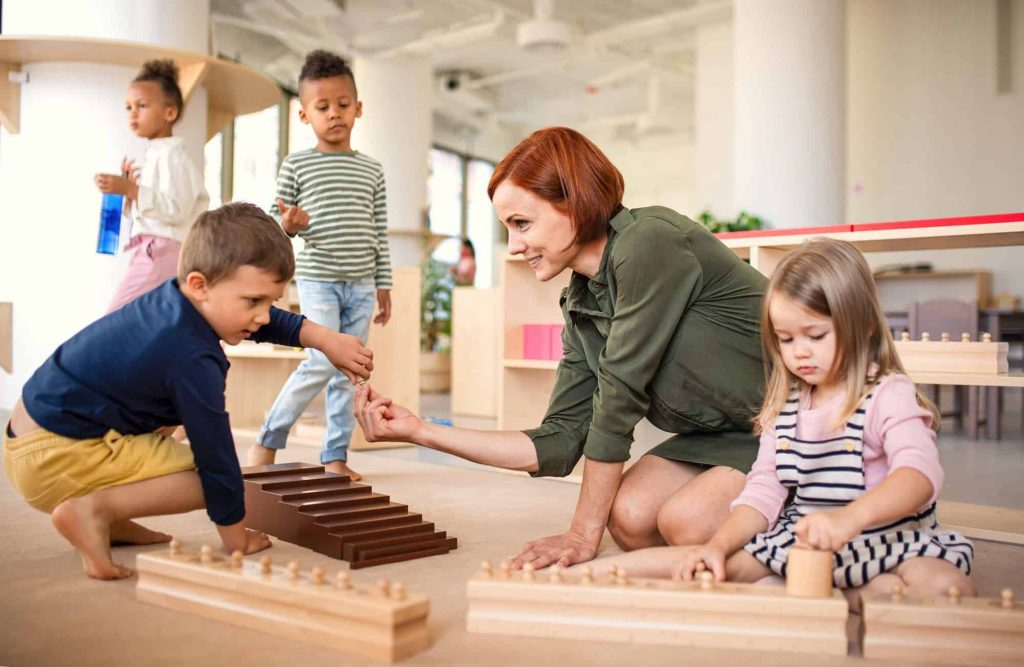
One of the most important benefits of Montessori education is that children learn how to learn.
When Montessori is practiced in line with its own principles children become independent and self-motivated learners.
This is important when we consider that the jobs that the children we look after today will end up doing have probably not even been invented yet!
In light of this, training children to retain a set of information is not enough, we need to equip our children with transferable skills and most importantly, being able to learn; knowing how to find out something they don’t know and how to attempt something new. Montessori aims to build exactly these skills.
What is a Montessori school or classroom like?
The main thing that people notice when they visit a Montessori classroom is the volume has been turned down, we might expect a classroom full of young children to be noisy and a bit chaotic but this is rarely the case in a Montessori setting.
The environment is carefully prepared to meet the age, stage and needs of the children and children will on the whole pursue their own activities, or “work”, within that classroom.
A Montessori classroom is set up for children; all the furniture and equipment is the right size for the child to be able to use it in the way it is intended.
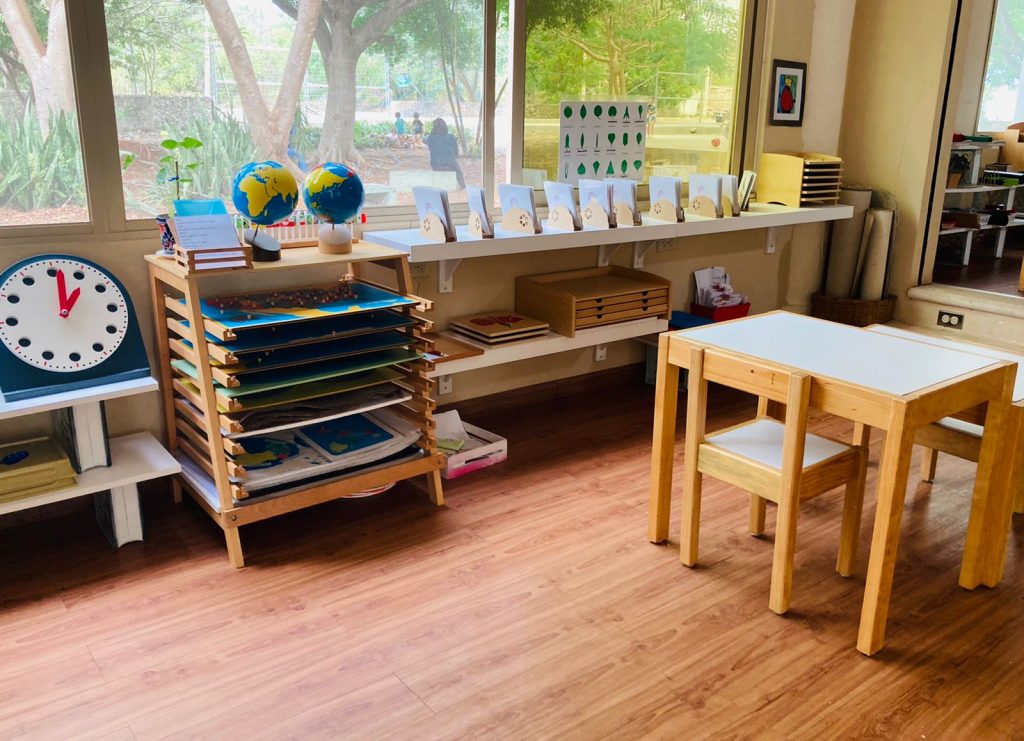
There is no focal point of the classroom; no teachers desk or interactive whiteboard, instead there are plenty of “work areas” which children can use in a variety of ways.
In Montessori classrooms there are extended periods of self-directed activity, or ‘work cycles’ and Within these work cycles children are free to move about the classroom selecting the activities that interest them.
In the Montessori classroom, learning is hands-on and some specific Montessori equipment is used, though often in conjunction with other resources selected by the teacher.
The areas of learning in the Montessori approach are; practical life skills, sensorial activities, mathematics, language and cultural studies.
How can a nanny incorporate Montessori’s ideas into their work?
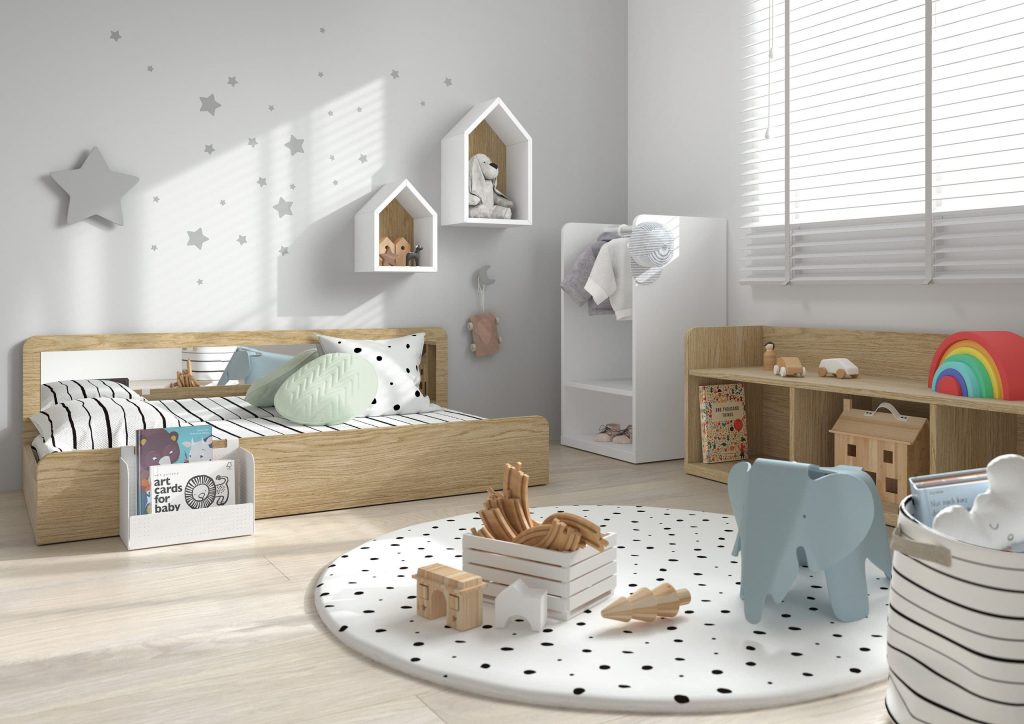
So, if you are working as a nanny and parents say that they would like a Montessori approach what might this mean in practice?
First and foremost it is likely that parents would want you to promote children’s independence and encourage their self-directed activity.
This may be in small things like allowing them time and space to play in their own way, teaching them to put on and do up their clothes from a young age or allowing them to use tools safely, under supervision.
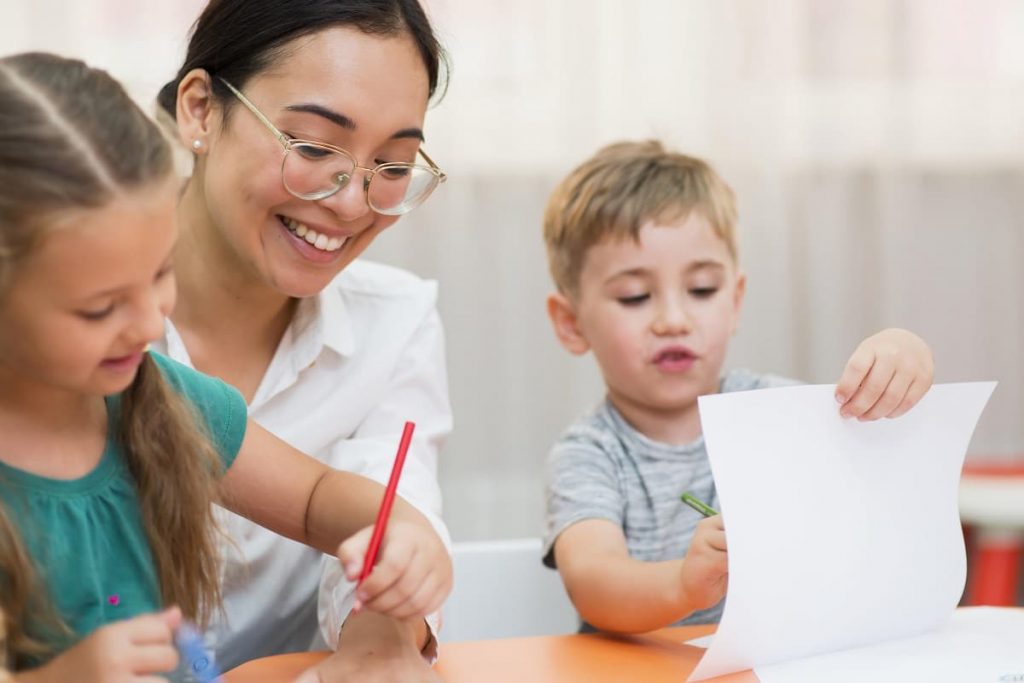
Montessori was also very keen that children contributed to keeping the environment clean, safe and orderly, so children could be encouraged to take part in daily chores around the house whether that’s sweeping the floor after breakfast, sorting the laundry or putting toys away.
A Nanny could help to select appropriate resources and prepare the environment in such a way as to allow children to engage in the self-directed learning that is characteristic of Montessori education.
Finding out more about the Montessori approach to childcare can help nannies to reflect on their own practice, explore new ideas and incorporate aspects that they find beneficial. It is also a good way to understand more about parents’ expectations and desires when it comes to finding the perfect care for their children.
